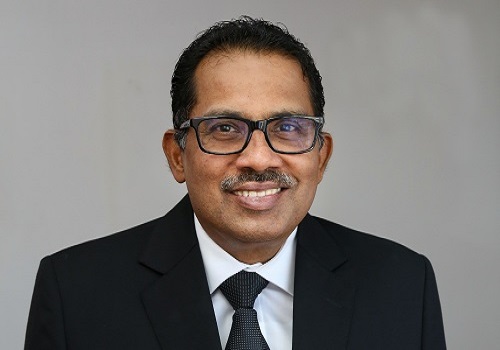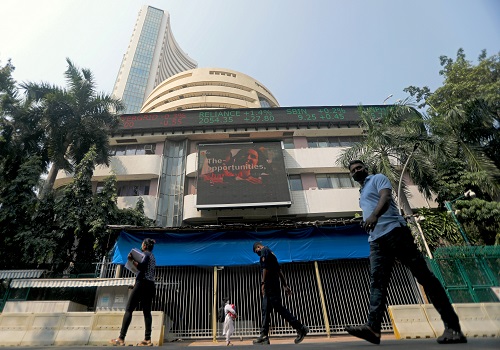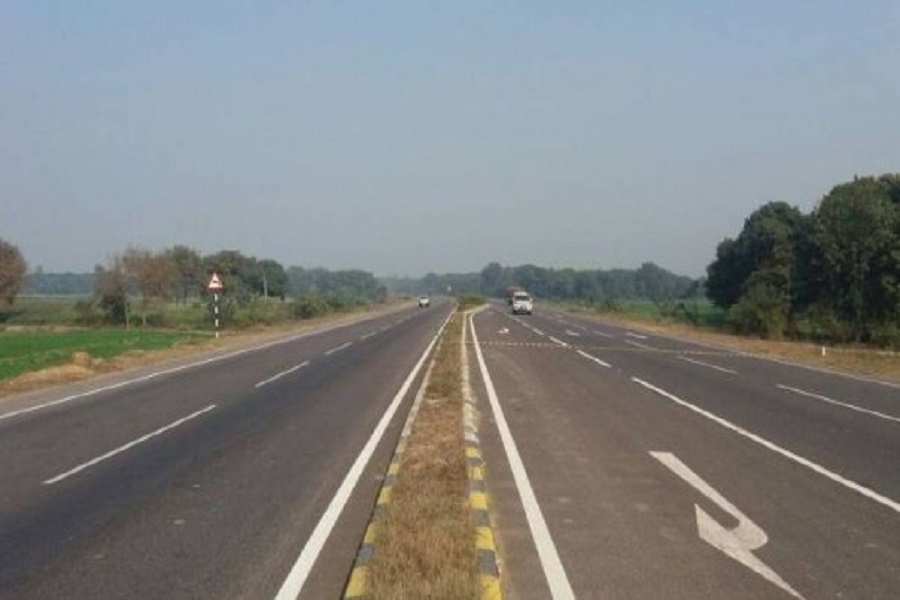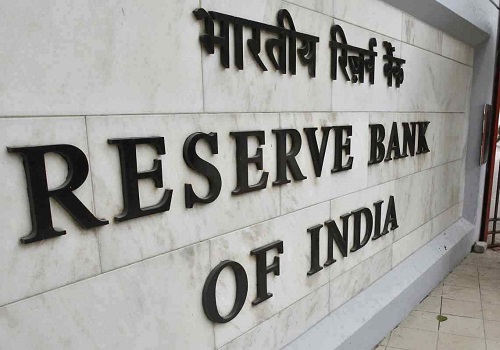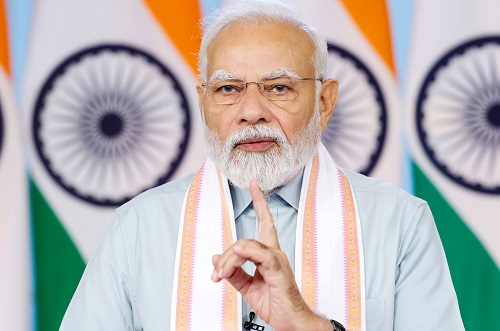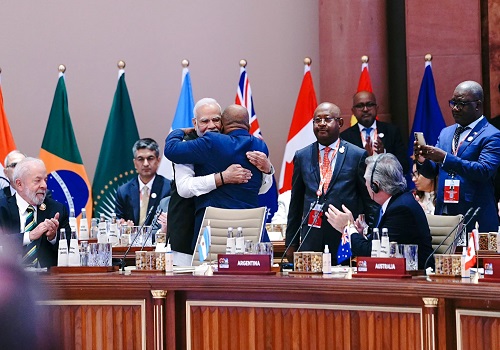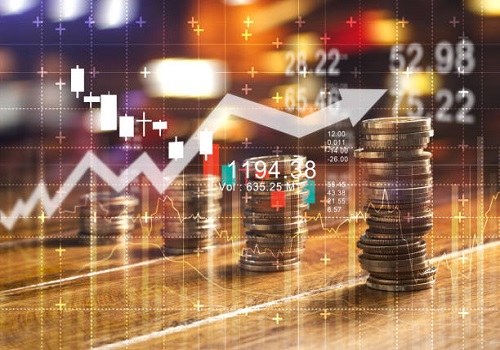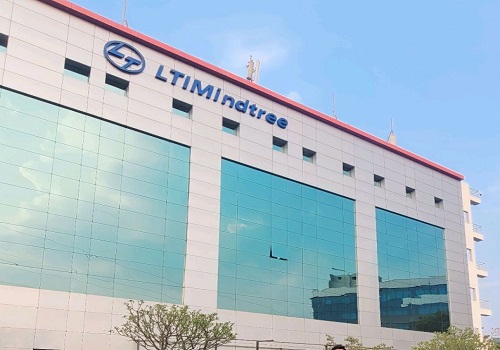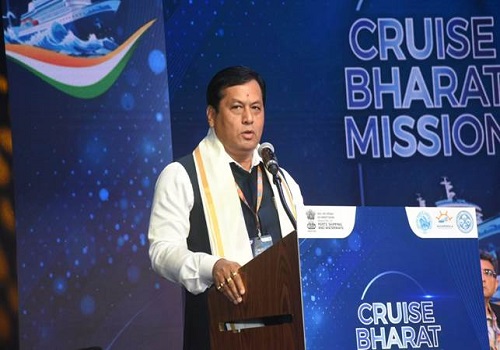Universal access to quality education is key to India`s global ascent: Subhas Sarkar at G20 Universities Impact Summit
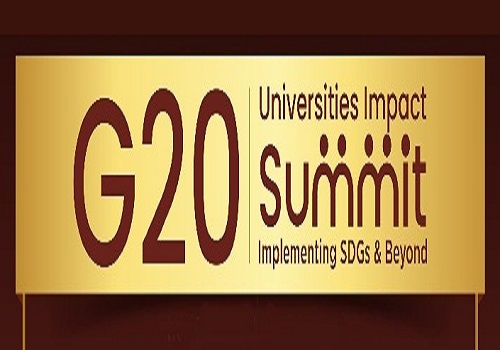
The G20 Universities Impact Summit: Implementing SDGs and Beyond was organised jointly by the O.P. Jindal Global University, Association of Indian Universities and the Times Higher Education of the UK in Delhi.
The conference had academics, policymakers and thought leaders who discussed and deliberated on Sustainable Development Goals (SDGs), their implementation and impact in the Higher Education sector.
This summit was a unique precursor to the upcoming G20 deliberations set to take place in Delhi, involving world leaders from the G20 nations.
On Wednesday, the inaugural address for the G20 Universities Impact Summit was given by Subhas Sarkar, Minister of State for Education, who highlighted the significance given to SDGs in India’s National Education Policy.
He also released the Times Higher Education Report, ‘Higher Education’s role in advancing the SDGs in the G20: progress and opportunities’ at the G20 Universities Impact Summit in India and was joined by Phil Baty, Chief Global Affairs Officer and Duncan Ross, Chief Data Officer, Times Higher Education, UK.
“Providing universal access to quality education is the key to India’s continued ascent, and leadership on the global stage in terms of economic growth, scientific advancement, national integration, and sustainable development. Our National Education Policy is a testament to provide a holistic and comprehensive education system that empowers individuals with the skills, knowledge, and values needed to thrive in an increasingly complex and interconnected world. It is heartening to note that the principles embedded within this policy align seamlessly with the aspirations of UN SDG 4. As we celebrate the harmony between our National Education Policy and UN SDG 4, let us remember that education is the foundation upon which every other Sustainable Development Goal stands. By ensuring quality education for all, we are fostering social equity, eradicating poverty, promoting gender equality, improving health, and spurring innovation. By aligning education with real-world demands, we are not only addressing unemployment but also nurturing entrepreneurs and innovators who can drive sustainable economic growth,” Subhas said.
In his Presidential address, V. Muraleedharan, Minister of State for External Affairs stated the causal relationship between SDGs and Education,
“The National Education Policy 2020 is aligned with the 2030 agenda for Sustainable Development and aims to transform India into a vibrant knowledge society and global knowledge superpower by making both school and higher education better suited to 21st-century needs and aimed at bringing out the unique capabilities of each student. Schools and universities can play a significant role by introducing positive changes, interventions, and actual transformation in students. Therefore, I urge all of you to align your academic and professional goals with the SDGs of the world and create future-ready global citizens who are concerned not only about their development but also about the well-being of the entire planet. It's only when we achieve this objective that we can truly fulfill the real purpose of education," he said.
Prof. (Dr.) C. Raj Kumar, Founding Vice Chancellor, O.P. Jindal Global University, welcomed the august gathering and said: "It is an honour to collaborate with global education leaders, thinkers, academics and educationists for a summit of this calibre in the weeks before the G20 Summit is to be held in Delhi under India’s Presidency. As part of G20 meetings that have been taking place over time, we need to underline the role of universities and higher education institutions in implementing the SDGs and also, to be imaginative and creative about enhancing the intellectual and social consciousness towards advancing the cause of SDGs. Today, India has 950 million people under the age of 35. India will be younger as other parts of the world become older. This remarkable opportunity can only achieve its true success if we are able to build a new approach towards implementing the SDGs, which has to begin in universities. Universities exist in the realm of ideas that can shape the future of the world and their capacity to contribute to public good.”
Phil Baty, Chief Global Affairs Officer, Times Higher Education, UK, released the Times Higher Education Report on ‘Higher Education’s Role in Advancing the SDGs in the G20: Progress and Opportunities’ and remarked, “Higher education institutions’ role extend far beyond contributing to just SDG 4 - quality education - and the university sector has the power and influence to significantly impact all 17 of the SDGs. Collectively, G20 nations wield tremendous political and economic power and so their ability to address the SDGs is absolutely critical. The report draws on the unique data used to create Times Higher Education’s Impact Rankings, which assess universities’ contribution to the SDGs through four key aspects: their teaching; their research; their outreach to governments and communities; and their stewardship of their own resources, such as their campuses and their staff.”
In his introductory remarks, Prof. (Dr.) Mohan Kumar, Dean and Director, Jindal Global Centre for G20 Studies, O.P. Jindal Global University, shared the feelings of the UN Secretary General on the upcoming UN SDGs Report 2023 and pointed out that it made for somber reading as half of the world has been left behind and would resemble an epitaph if governments would not get their acts together. In that context, he pointed out that this conference is extremely timely, as the world is at the halfway mark in the journey towards achieving the SDGs in 2030.
The special address was given by Duncan Ross, Chief Data Officer, Times Higher Education, UK
He said: “Higher education institutions have made huge strides in measuring their progress towards the SDGs and shows where they can maximise their impact at a local and national level. The G20 can leverage higher education institutions as powerful partners to reach the SDGs. The report identifies key opportunities - fostering relevant research, building partnerships, and enhancing government-university collaboration - to accelerate global sustainability efforts.”
Dr Pankaj Mittal, Secretary General, Association of Indian Universities, who also gave a special address pointed out that India’s efforts to implement the SDGs need to be strengthened.
“The implementation of the SDGs cannot just be the responsibility of the government but also the prerogative of the universities. It is recommended that educational institutions incorporate SDG related courses and curriculum as well as degrees, diplomas, majors, minors and electives. Institutions should also monitor their carbon footprint on their campuses and adopt sustainable technologies to become carbon neutral campuses.”
High level sessions during the day included incisive discourse and discussions on pertinent issues like the Role of Universities in Advancing the United Nations Sustainable Development Goals (SDGs) across the G20 Nations; Higher Education’s Role in Advancing the SDGs in the G20: Progress & Opportunities; Beyond the SDGs: Envisioning the Future of Global Sustainability; Science for Sustainability & Society.
These sessions saw participation from senior industry experts including Gaurav Shrinagesh, Chief Executive Officer, Penguin Random House India, Tarun Girdhar, Chief Operations Officer, Mercer Mettl, Rakhee L. Malik, Director and Head HR, Kearney, India, and Mollshree Garg, Partner, Deal Advisory and Strategy, KPMG.
The summit concluded with the Valedictory Address by Prof. (Dr.) Virander S. Chauhan, Former Chairman University Grants Commission (UGC), India, on the theme, ‘Science for Sustainability & Society’.
The vote of thanks was given by Prof. Padmanabha Ramanujam, Dean, Office of Academic Governance & Student Life, O.P. Jindal Global University.




